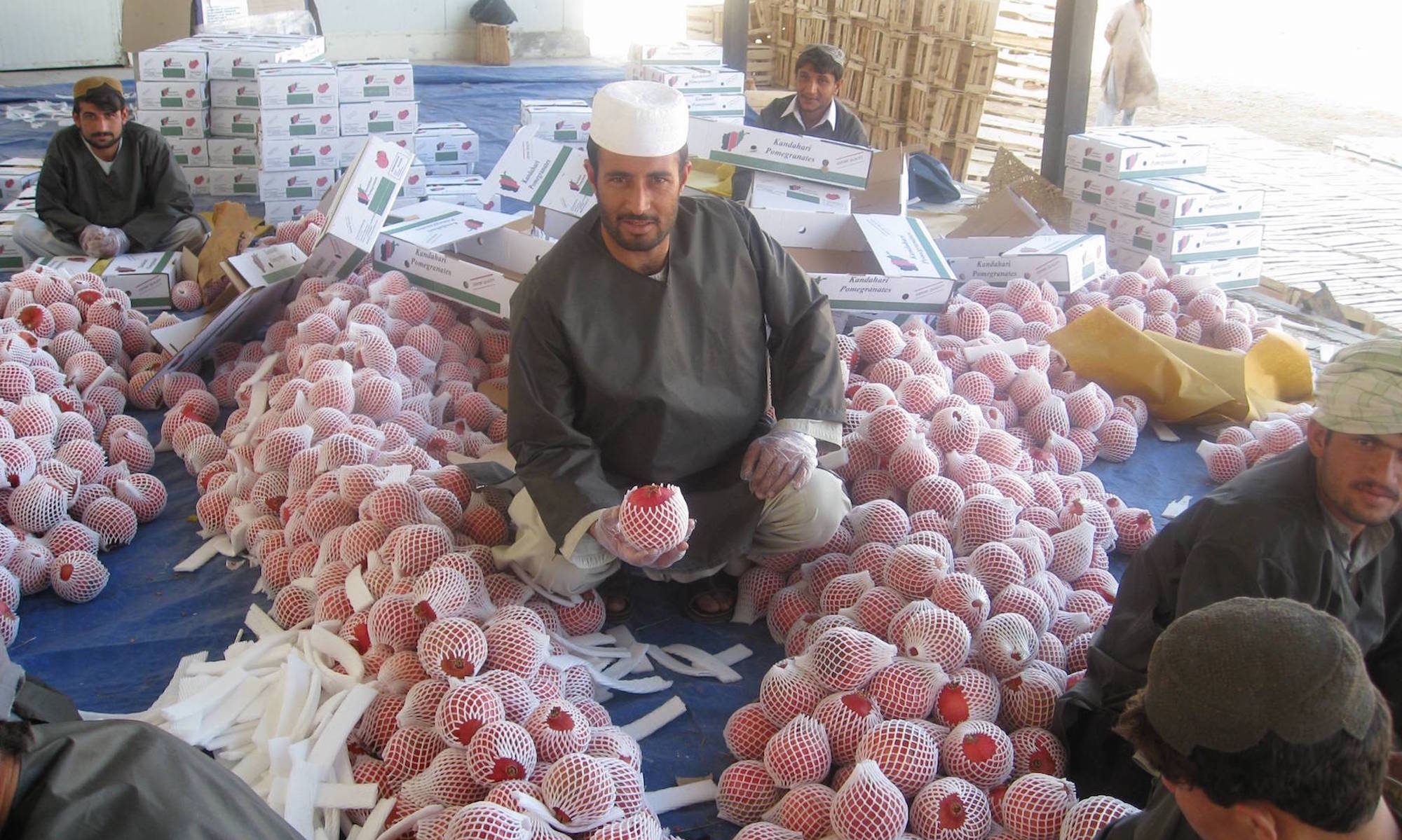Internationally, there is a current rising demand for police to participate in complex peace operations. Achieving multilateral ‘integrated missions’ has become a key objective for these operations. One of the key requirements for such operations is interoperability between police drawn from different countries. Australia has had police serve in multilateral and other kinds of missions in Timor-Leste since 1999. In this article, we draw on interviews with 64 Australian police officers who participated in different missions in Timor-Leste. Integrating the insights from cultural analysis, the paper explores the specific challenges of bringing together police from different nations to work effectively within these operations.
Transnational Police Building: Critical Lessons from Timor-Leste and Solomon Islands
In this paper we begin by defining and examining the concept of police building. Its historical precedents and contemporary forms are briefly reviewed, showing a variety of motives and agendas for this kind of institution building. We argue that police building has been a relatively neglected dimension of nation- and state-building exercises, despite its importance to functions of pacification and restoration of law and order. The emerging literature on international police reform and capacity building tends to adopt a narrow institutionalist and universalistic approach that does not take sufficient account of the politics of police building. This politics is multilayered and varies from the formal to the informal. Using two case studies focusing on events in 2006 in Timor-Leste and Solomon Islands, the reasons for the fragility of many current police-building projects are considered. In both cases, we argue, police capacity builders paid insufficient attention to the political architecture and milieu of public safety.
